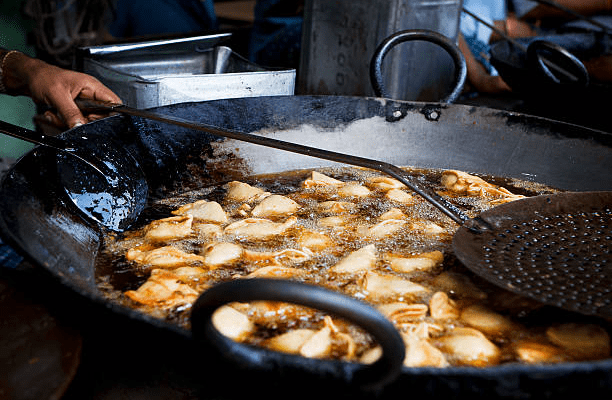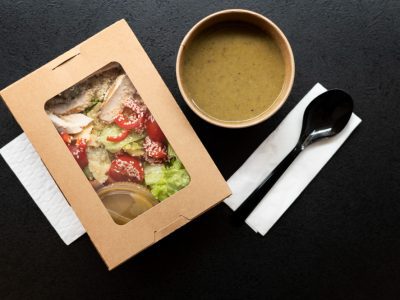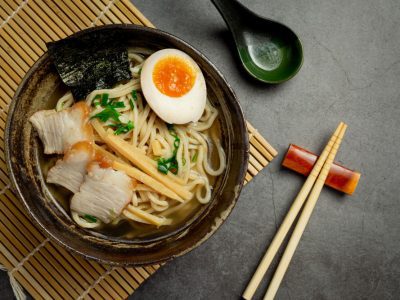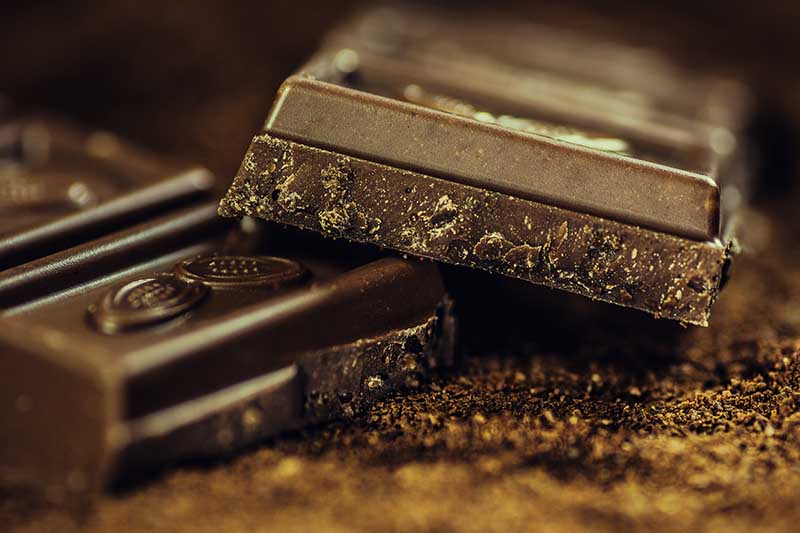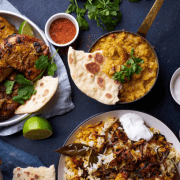When it comes to satisfying our taste buds, few things can match the joy of indulging in deep-fried snacks. Among the countless options available, there’s one beloved treat that stands out above the rest – the delectable samosas. These triangular wonders, with their crispy texture and mouth-watering fillings, have become an integral part of Indian cuisine and appetizer menus worldwide. In this article, we’ll take you on a delightful journey into the world of samosas, exploring their history, variations, and the art of making these stuffed pastries that never fail to captivate our taste buds.
The Rich Heritage of Samosas
Samosas, originally known as “sambusak,” have a fascinating history that dates back centuries. Believed to have originated in the Middle East, they were introduced to the Indian subcontinent by traders and travelers along the ancient spice routes. Over time, samosas have evolved, incorporating regional flavors and culinary traditions, making them a cherished part of Indian cuisine.
Unveiling the Art of Making Samosas
The Perfect Crispy Outer Layer
The hallmark of an exceptional samosa lies in its crunchy outer layer. Achieving the perfect texture demands a delicate balance of ingredients and technique. A mixture of all-purpose flour, semolina, and ghee is kneaded into a smooth dough. The dough is then rested to attain the desired elasticity, making it easier to roll and shape into triangular pockets.
Mastering the Filling
The versatility of samosas is reflected in their fillings, which vary regionally and cater to diverse palates. The classic potato and pea filling remain a timeless favorite, but there are endless possibilities for experimentation. From spiced meats to lentils, paneer, and even sweet fillings, each variant offers a unique gastronomic experience.

Samosas Around the World
International Twists
While samosas have firmly rooted themselves in Indian cuisine, their popularity has transcended borders. In various corners of the world, innovative cooks have adapted the concept of samosas to create exciting fusion recipes. You’ll find samosas stuffed with cheese and jalapeños, curried chicken, and even Nutella and banana, showcasing the universal appeal of this crispy delight.
Street Food Sensations
Across India and beyond, samosas have become synonymous with street food culture. From bustling markets to roadside stalls, the aroma of freshly fried samosas entices passersby. These humble yet delightful treats bring people together, fostering a sense of community through shared culinary experiences.
Health and Nutrition Considerations
While samosas are undoubtedly irresistible, it’s essential to be mindful of their nutritional content. Due to the deep-frying process, they can be high in calories and unhealthy fats. However, home cooks and chefs are embracing healthier cooking methods, such as baking or air-frying, to reduce the calorie count without compromising on taste.
The Samosa’s Enduring Allure
The enduring charm of samosas lies not only in their delightful taste but also in the memories they evoke. Whether enjoyed during festive gatherings, family dinners, or as a quick snack on a rainy day, samosas hold a special place in our hearts. They are more than just a culinary delight; they represent a shared cultural heritage that binds communities together.
Also read- Discovering Chinese Restaurants in Basavanagudi
Conclusion
In conclusion, samosas are more than just a snack – they are an expression of culinary artistry and cultural diversity. Their journey from the Middle East to India and beyond showcases the power of food to transcend borders and bring people together. So, the next time you bite into a crispy, piping hot samosa, remember that you’re savoring a piece of history and a symbol of unity through flavor.
